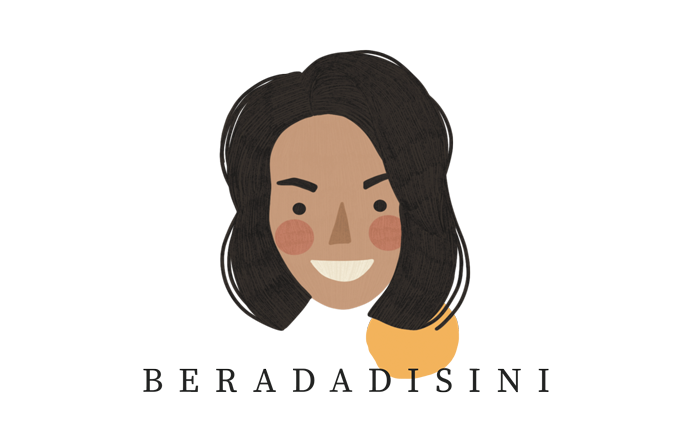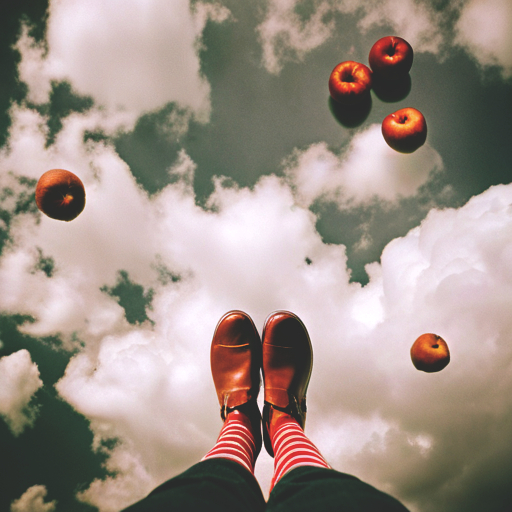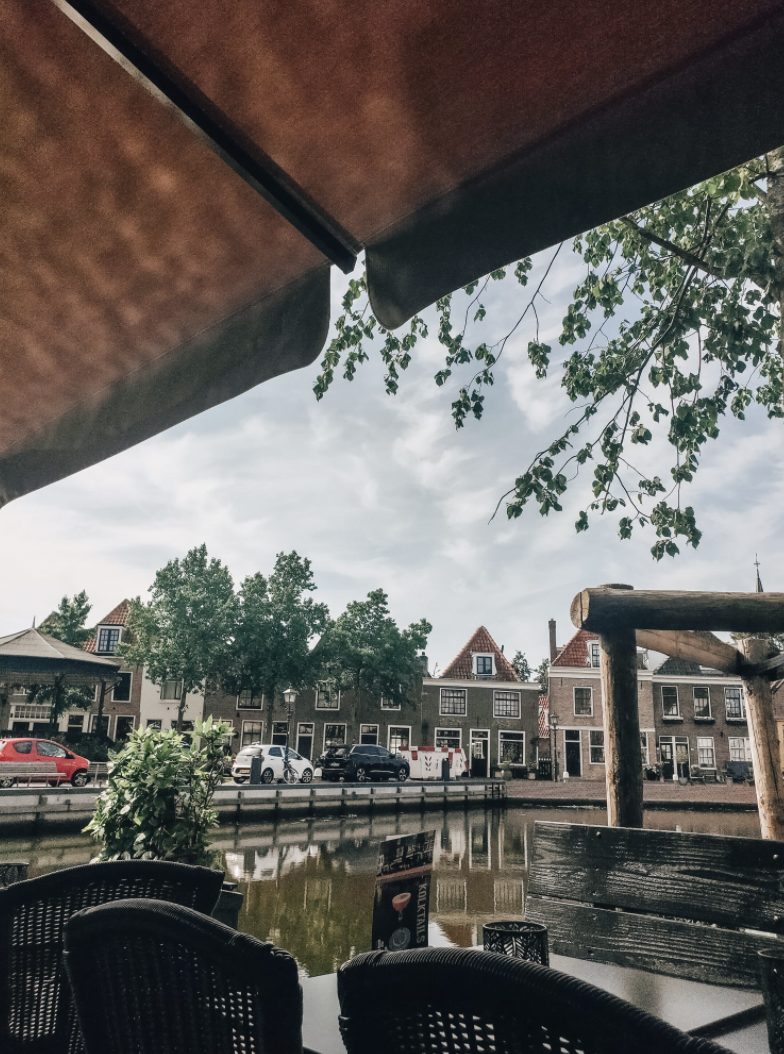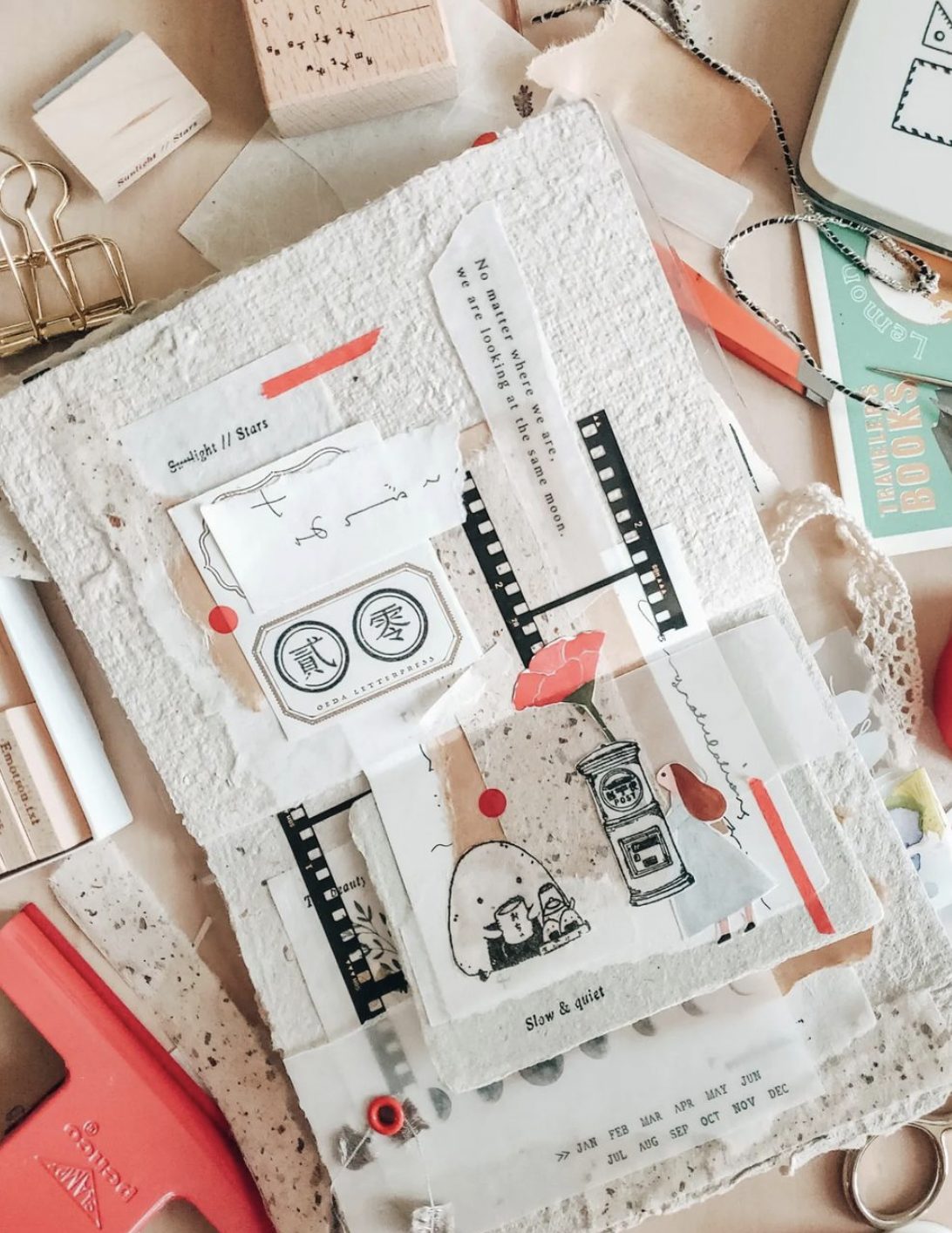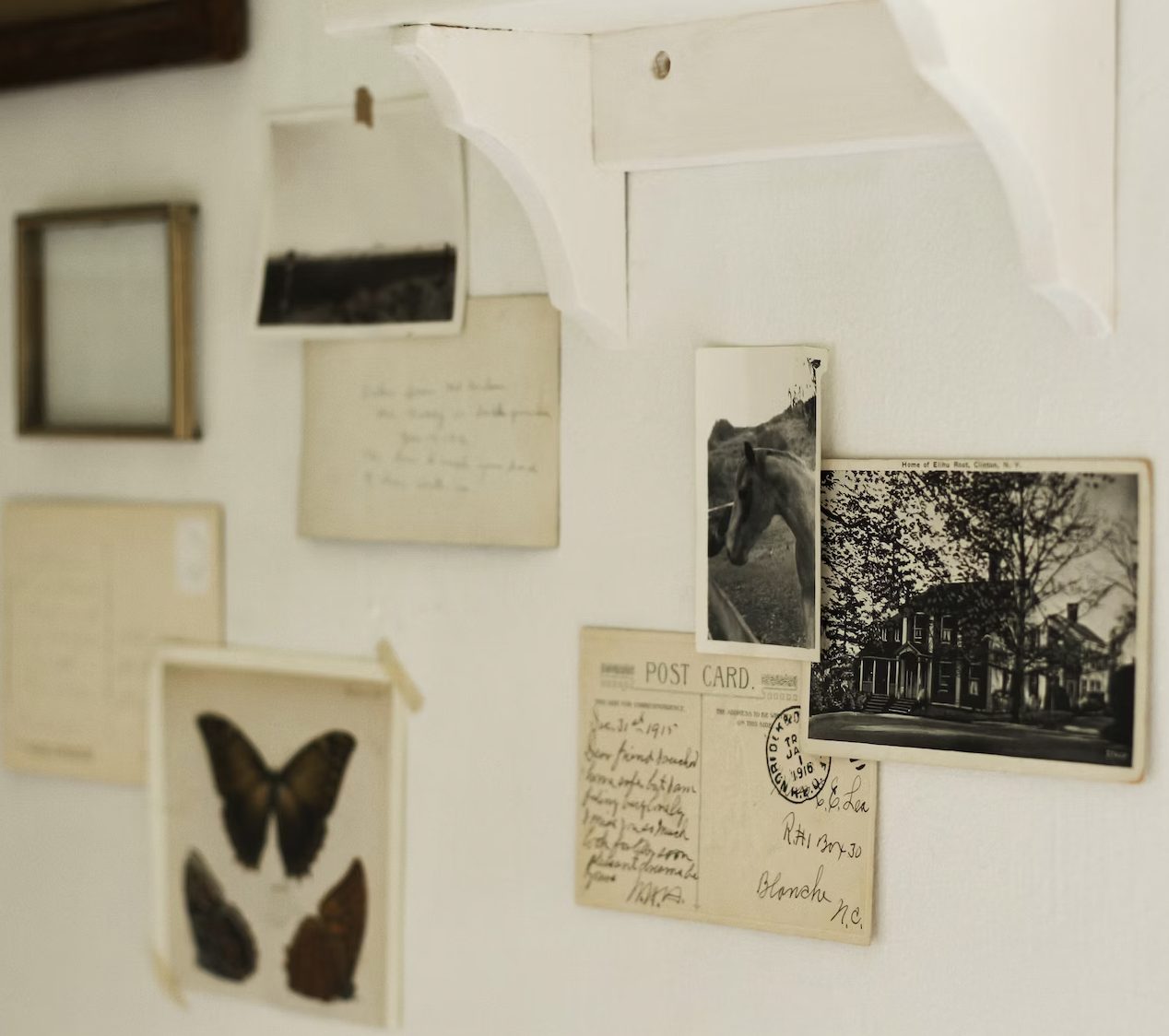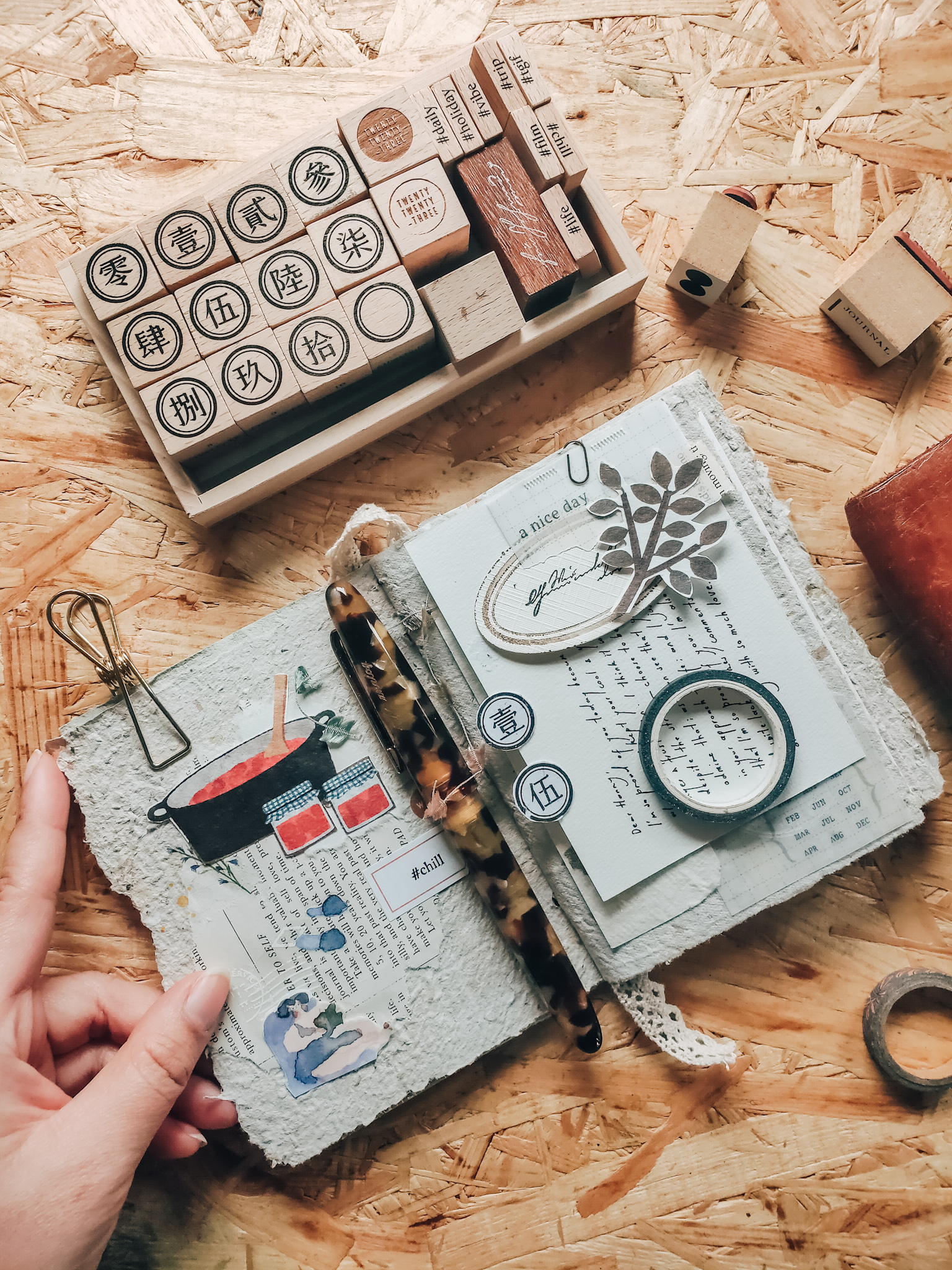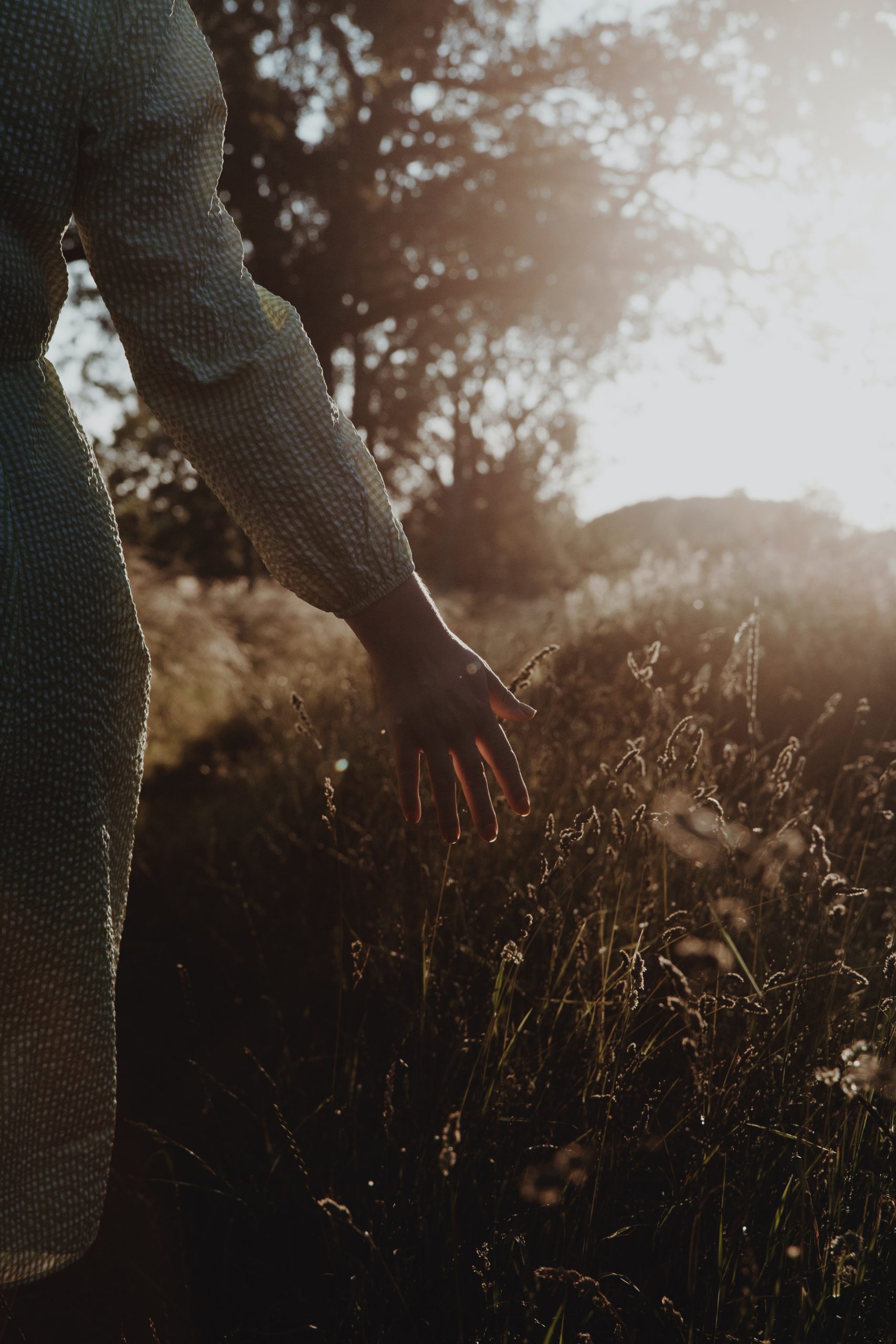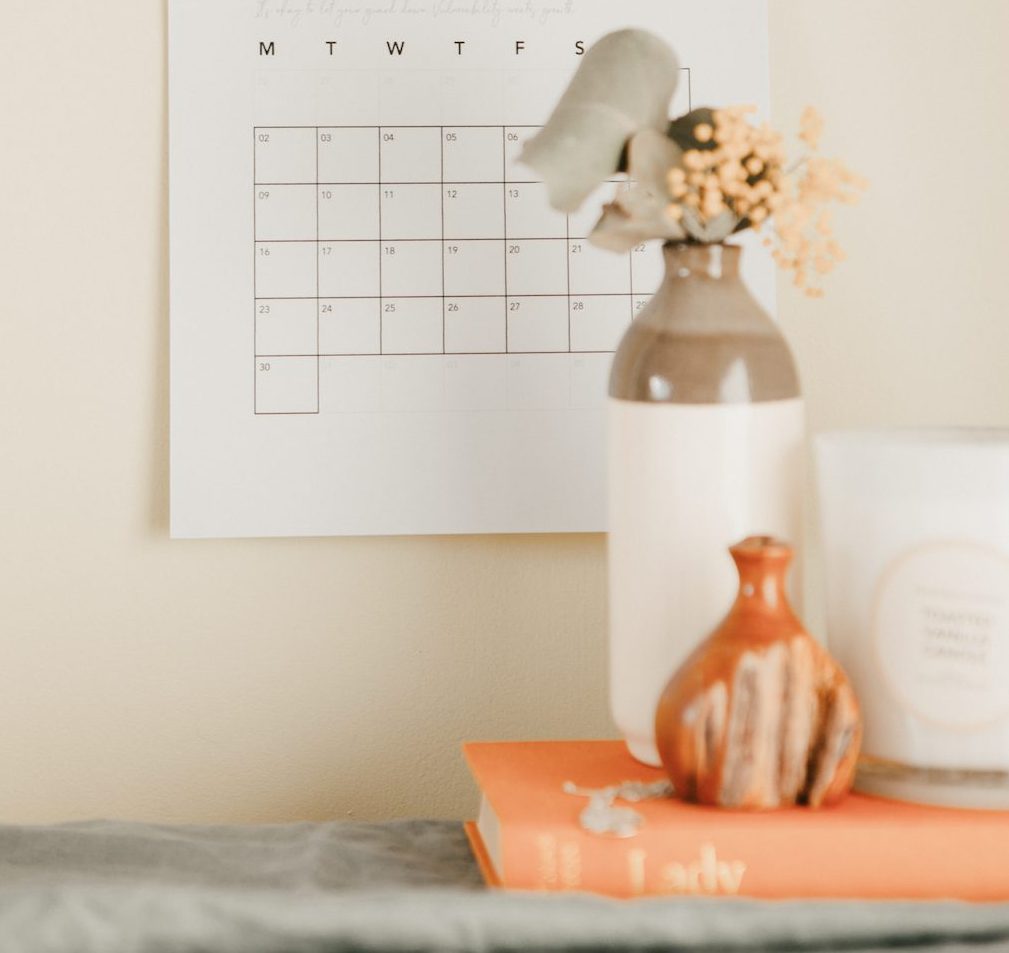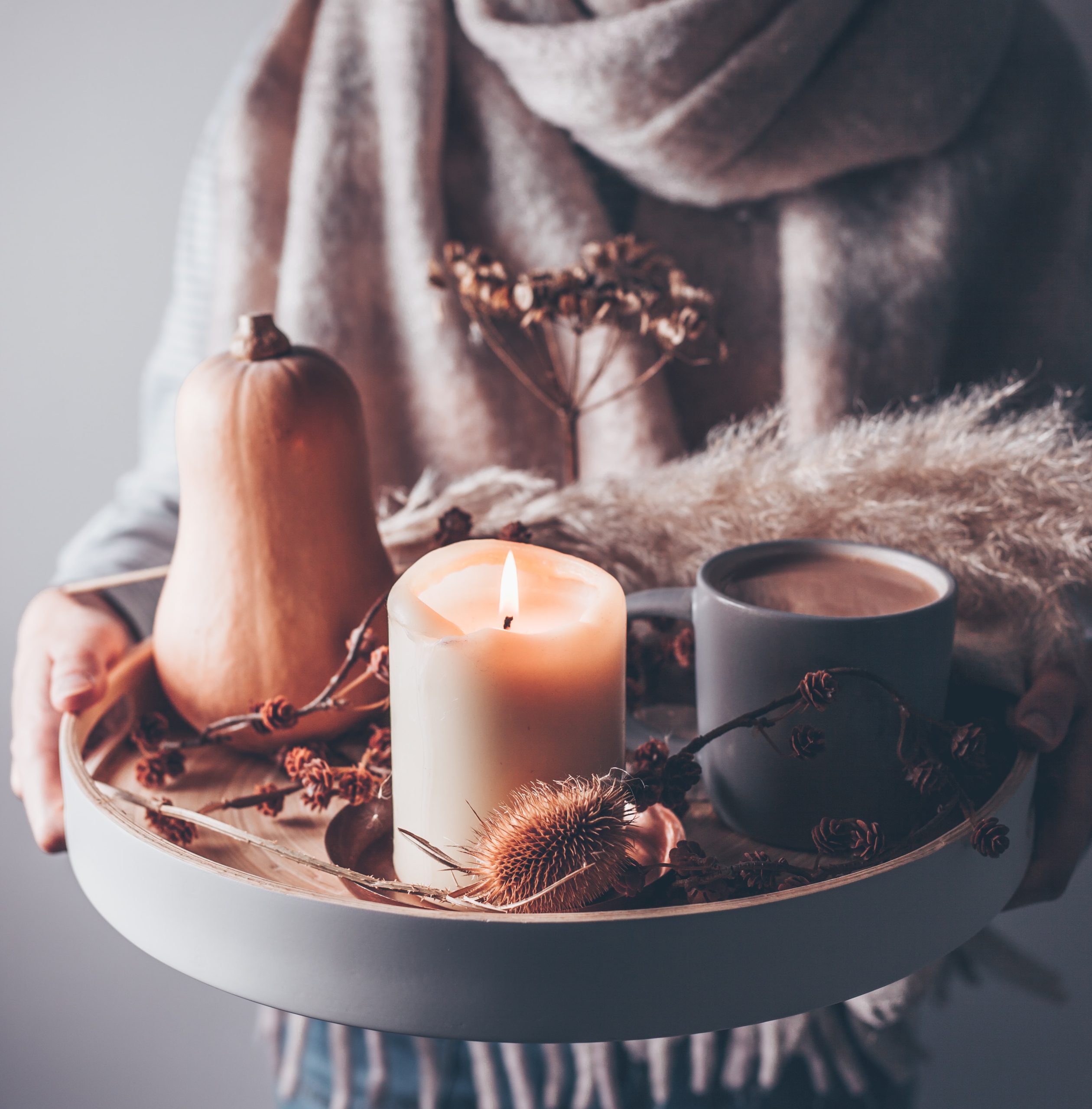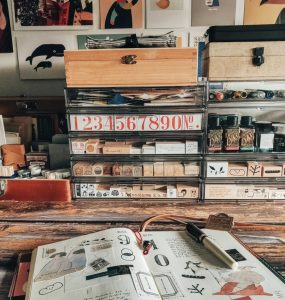I took another digital detox this weekend—I limited myself to a 5-minute screen time on Saturday and Sunday to quickly check my business account. I closed my social media account for the rest of the days. I spent my morning journaling, then perched myself on the couch, reading Natalie Goldberg’s The Great Spring while sipping my coffee and slurping my chocolate avocado mousse. I had a long sound-bathing session and journaled some more; then, in the afternoon, D and I went to De Klok in Spaarndam-West to have some Radlers, chill, and read. I watched people’s boats passing—couples on a picnic and their dogs.
We stopped by Mari Rasa to grab my comfort food: nasi goreng and tahu isi with peanut sauce dip. In the evening, we went to the Altini’s for a pizza dinner and a stroll at Westerpark—and I caressed their ‘guest’ Chartreux: so fluffy, soft, and cuddly. It reminded me of Moortje—the neighbor’s black cat who went missing a week ago. I used to stop and play with her on my way home from Albert-Heijn.
On Sunday, I burned incense: Lotus and Angel Dust—an homage to my roots. I once told my friend I wanted a house that smelled like a yoga shala. It was amazing how the sense of smell can transport you to a different mental state. I had another sound-bathing session under the skylight—the sunshine pouring over me, continued reading Goldberg, dove into my journaling practice, and then returned to The Great Spring. In the afternoon, Dita came over. I told her I had some Indonesian food to share. We discussed life, work, books, creative pursuit, and food upon shared Radler, coffee, and tahu isi. We both love Goldberg’s Writing Down the Bones and Ferrante’s novels.
Then the thunderstorm came, bringing fierce and frightening lightning that seemed like splitting the sky open. I remember I used to be so afraid of lightning as a little girl. I would wrap myself in a thick blanket and close my eyes and ears so I couldn’t see or hear anything. My parents needed to nudge me to get me out of the blanket when the storm passed because I wouldn’t know otherwise. Under the blanket, I was numbing myself from anything external. It was an isolation, a space capsule, a shell—it felt protective and vulnerable at the same time. I still felt like that little girl hiding under a blanket some days.
I always thought I was not made for the constant social interaction and stimulation social media offered. Lately, I feel sick after scrolling social media for over ten minutes. The choice was to ignore that feeling or respect it. I used to do digital detox most weekends and wanted to do this again. No emails, no checking of DMs. I wanted to start again from Friday evening until Monday morning. To reclaim my mental space and experience the world rather than just looking at it pass by from a little screen.
I started getting my paints, pastels and brushes out. I was still too depleted to paint, but I did some color swatches while listening to Sandi’s landscape note-taking course, doing sketches from Emma’s and Sarah’s Patreon, and accepting that creativity can ebb and flow. Still, we always have a choice to do something nonetheless: to pick up that pen, that brush… ourselves. To build a habit of creating and expressing without having to end up with a finished piece, without any agenda apart from letting things out, without any expectation of an aha moment. It just is.
It had been a tough week.
I learned long ago that you cannot please everybody—but I was so wired to do so. It is in me, and I am still trying to unlearn it. I still have to remind myself repeatedly, every single day, that I only have one life—and I want to live it the way I want to… now, every single day.
D and I watched Kim’s Convenience on Sunday evening to wind down. We laughed. I brushed my teeth and took a long shower before bed. I washed my hair. I sprayed Berdoues above my pillow. I dreamed about returning to high school—at a student council meeting, planning for a school festival. I dreamed about eating together at a long table, blurry conversations.
I woke up to the Parade music from Paprika by Susumu Hirasawa. Cyan told me to watch this Satoshi Kon’s movie a few days ago, and I did. I love it.
It was Monday morning, and I still felt like marching in a dream.
